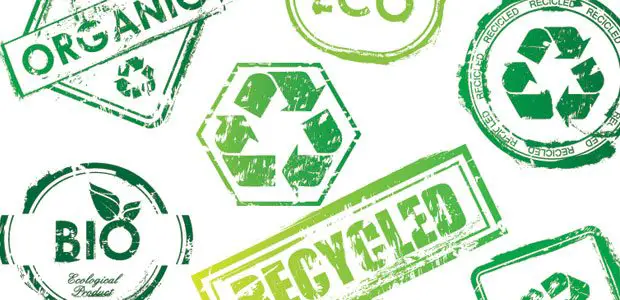Greenwashing is just like whitewashing in that it is an attempt to hide or cloak negative perceptions under a cloak of “good for the environment.”
This process usually causes a certain amount of cognitive dissonance, for instance “clean coal.” Kind of makes you tilt your head to the side and say “What?”
There is a great summary of companies attempting a miracle of greenwashing perspective at the Greenwashing Index. After reading the definition, make sure to check out the “in the news” section.
We must be very careful in our gardens about products that claim “all natural,” “organic,” “green,” “sustainable,” and “environmentally safe.” This is especially true when creating habitats for wildlife is our goal.
For a very enlightening illustration of just how insidious this problem can be, check out “Be part of National Wildlife Federations’s Gardening Focus Group” at Garden Rant, and the follow-up, “National Wildlife Federation Responds to your Comments.” Make sure to read the comments in both posts. This is another example of an issue that induces very deep passions.
My point here is, first I do not have any idea how NWF decided on this issue, and I am making no accusation against them. Second, don’t ever just take someone’s word, no matter how expert or “green” you think they are. Don’t trust any organization, no matter what good things they say they are doing. Do your own homework. Look things up. Follow the money. Come to your own understanding of what is really “green.”
Greenwashing is a term used to describe false or misleading environmental claims made by companies in an attempt to promote their products as environmentally friendly. Here are a few examples of greenwashing:
Misleading packaging: A product might be packaged in a green or eco-friendly looking package, but the actual product itself might not be environmentally friendly. For example, a product that is packaged in biodegradable packaging but contains harmful chemicals is an example of greenwashing.
Overstating environmental benefits: A company might make exaggerated claims about the environmental benefits of their product, without providing any scientific evidence to support their claims. For example, a product that claims to be “100% environmentally friendly” without providing any specific details about its environmental impact.
“Green” products that are not recyclable: A company might claim that a product is “green” because it is made from recycled materials, but if it is not recyclable itself, it is still contributing to the waste stream.
Misleading certifications: A product might carry an environmental certification label, but the certification process may not be credible or the label may be used in a misleading manner.
Half-truths and vague statements: A company might use vague and misleading language, such as “eco-friendly” or “sustainable,” without providing any specific information about the environmental impact of their product.
These are just a few examples of greenwashing. It’s important for consumers to be aware of these practices and to carefully consider the environmental impact of the products they buy.
More From Ecosystem Gardening:
Submit your review | |








